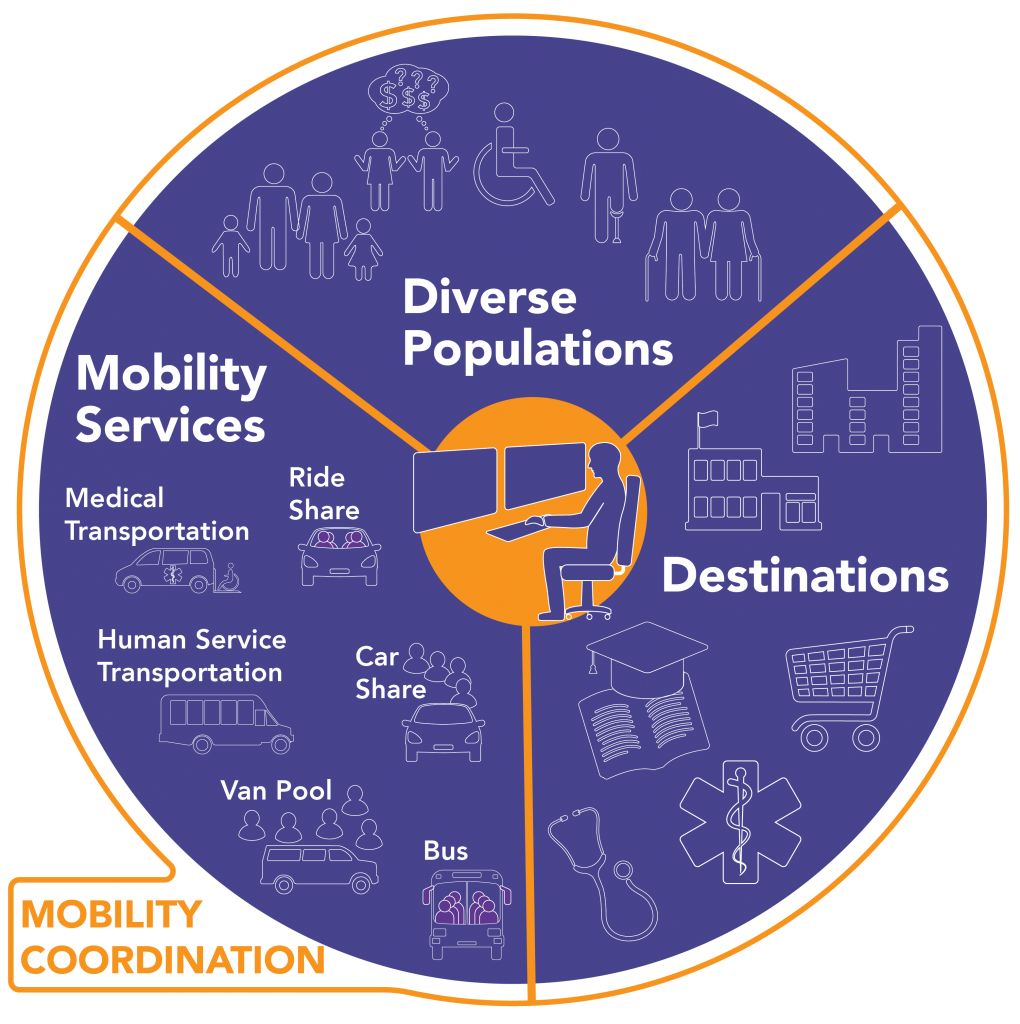
WTI recently completed a feasibility study for a “Smart” transit hub to serve an eight-county rural region in western Arkansas and eastern Oklahoma. The study presents a menu of technologies and programs that help connect people experiencing transportation barriers in rural communities to healthcare, employment, and higher education opportunities.
WTI’s Small Urban, Rural and Tribal Center on Mobility (SURTCOM) conducted the project in partnership with the National Association of Development Organizations (NADO) Research Foundation, Western Arkansas Planning and Development District, and Frontier Metropolitan Planning Organization (MPO). NADO and WTI have been collaborating on a series of projects that assist rural communities with passenger transportation projects that enhance mobility options for residents.
“A traditional transit hub is a physical location where travelers can access multiple services in one place,” said Principal Investigator Rebecca Gleason; “while physical hubs are not always viable in rural areas, regional coordination and emerging technologies offer new ways to connect people to transportation information and services.” The study findings, which are highlighted in a newly released Executive Summary, include recommendations that can be implemented over time, such as hiring a regional mobility manager, exploring methods to connect more people with rides on existing systems, creating a 5-year transit development plan, and piloting a new transportation program. The Executive Summary and full study are available on the project page of the WTI website.
